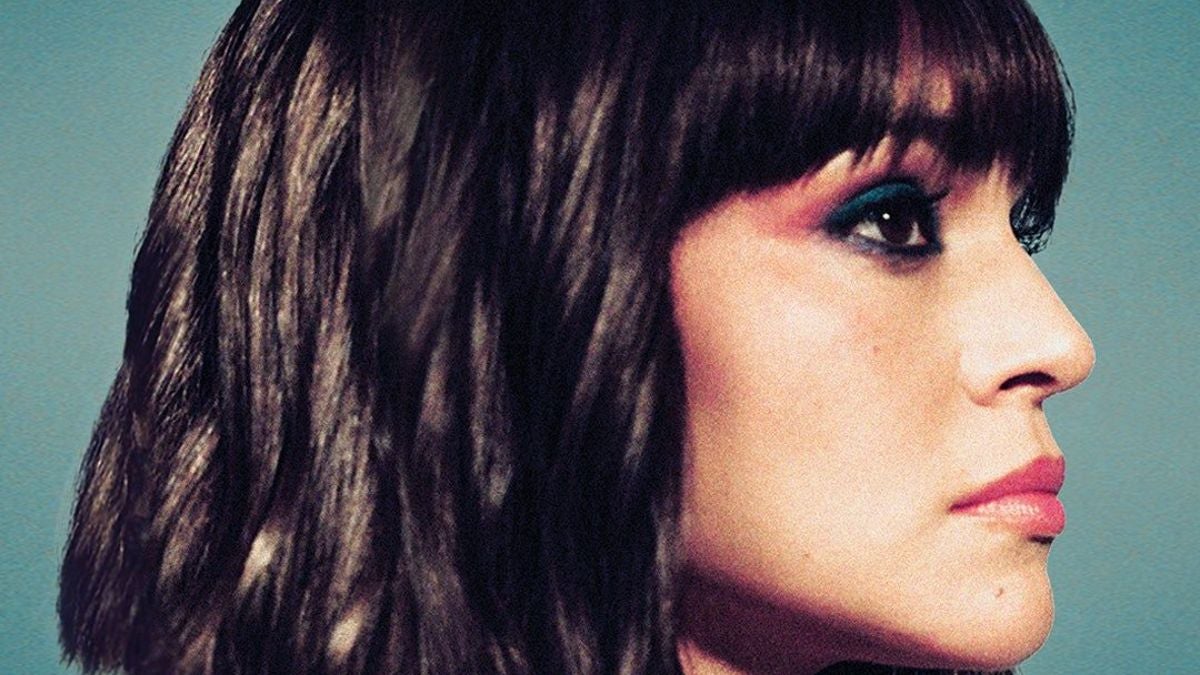
A while back I set out to learn more about what differentiates a truly great artist from the rest of the pack and charted the narrative development of Bruce Springsteen’s songs during his career. Over decades, he had traveled on a Hero’s Journey straight from the pages of Joseph Campbell’s books and ultimately returned home with the knowledge that having someone to talk to and a little of that human touch is the greatest treasure that one can pursue. By eloquently chronicling his experiences, he had left a trail of musical breadcrumbs that his listeners could follow to help make sense of their own lives. It’s a noble deed and is one reason for his enduring relevance.
I feel the same way about Norah Jones. On her 2020 album, Pick Me Up Off the Floor, she sang about how she wept, about loss and being lost, about going up in flames and being heartbroken. I wanted to reach into the speakers and give her a big hug because it was clear that she was experiencing some of the midlife stuff that Carl Jung had written extensively about. We all go through it and we’re all woefully unprepared to deal with it.
When I first heard the songs on Norah’s new album, Visions, it was evident that she had weathered the storm and emerged with an enlightened perspective. She’s singing about being awake, wanting to dance, finally feeling free, being on her way to making it right and acceptance of what life brings. She’s seeing light at the end of a tunnel that had engulfed her four years previously and is offering guidance, comfort, and joy to others who may find themselves standing at similar crossroads.
It’s both difficult and uncomfortable to dig deep and share your inner emotional life with the world - even harder to eloquently shroud those feelings in layers of poetry and innovative musical texture. It’s a staggeringly generous use of popular music. Norah Jones’ Visions attains that artistic ideal with nobility and grace.
—Don Was, President, Blue Note Records